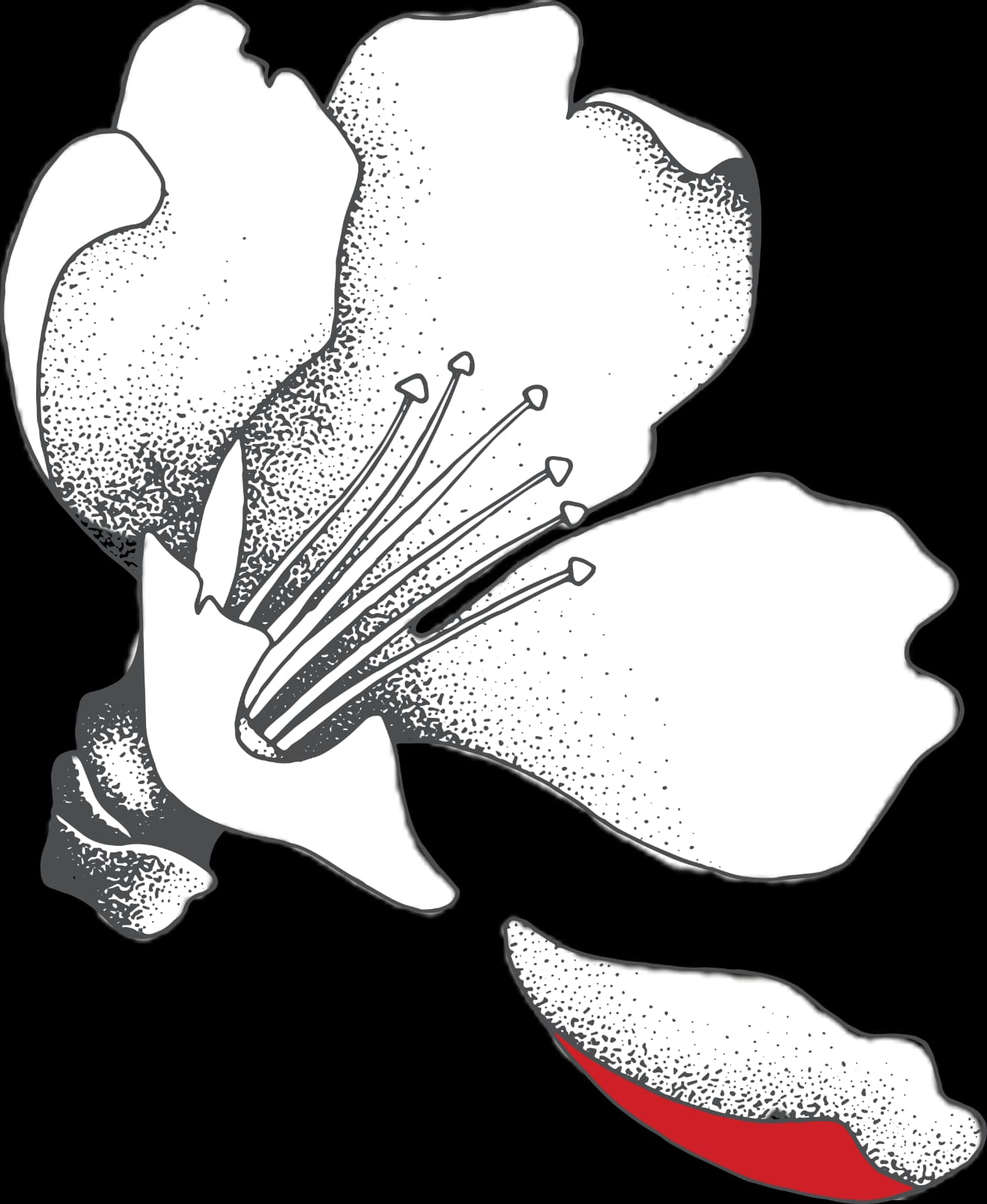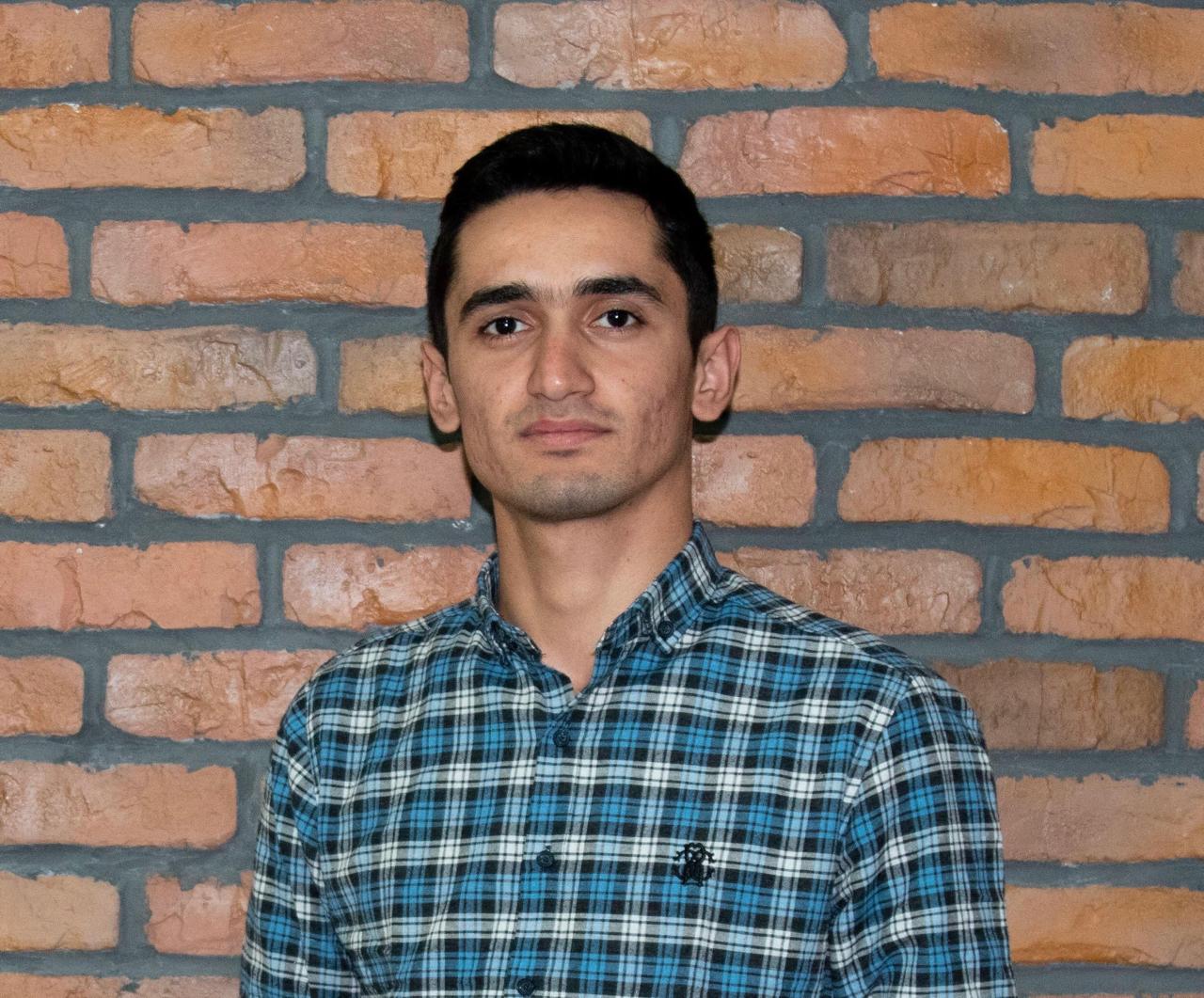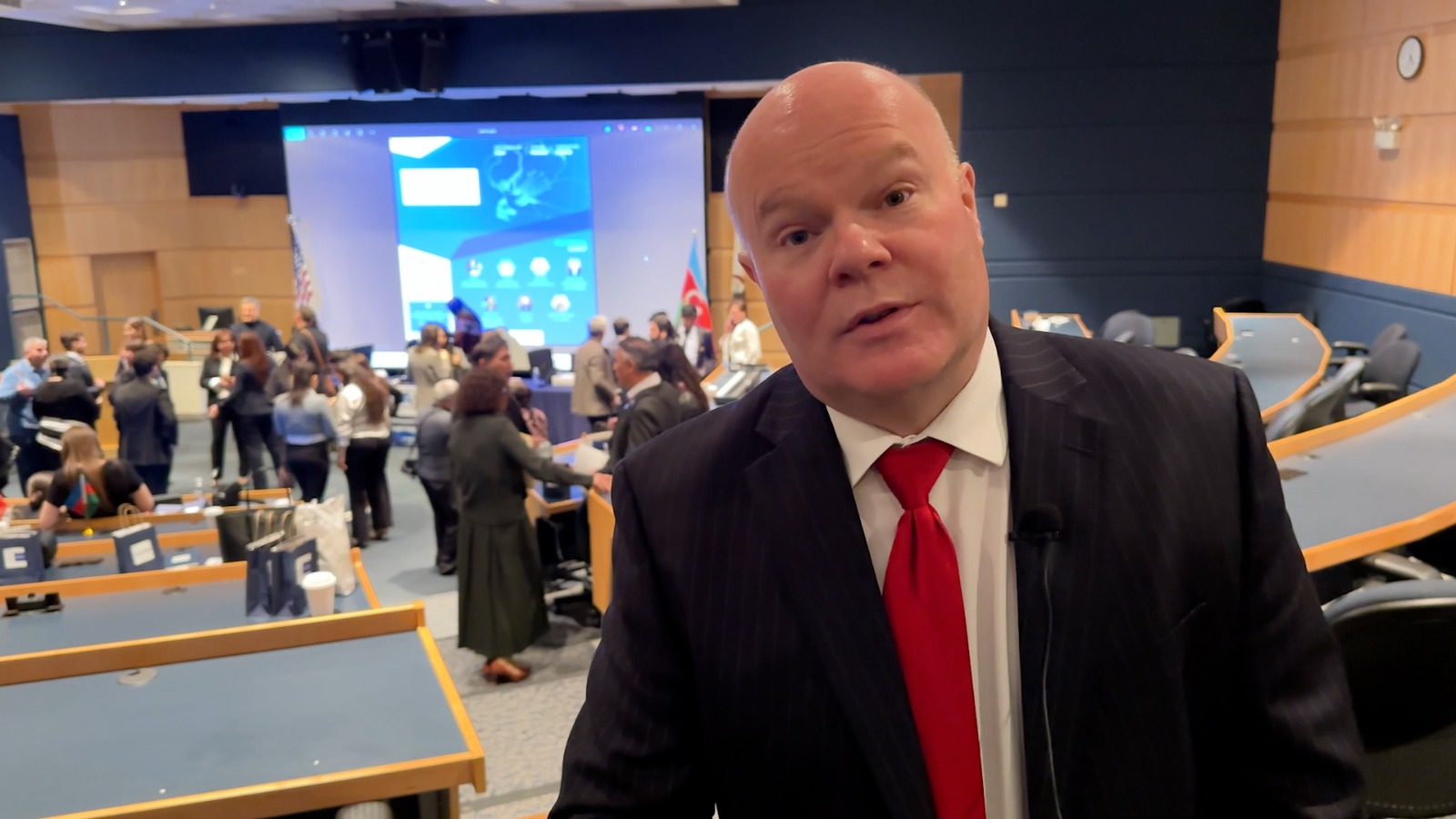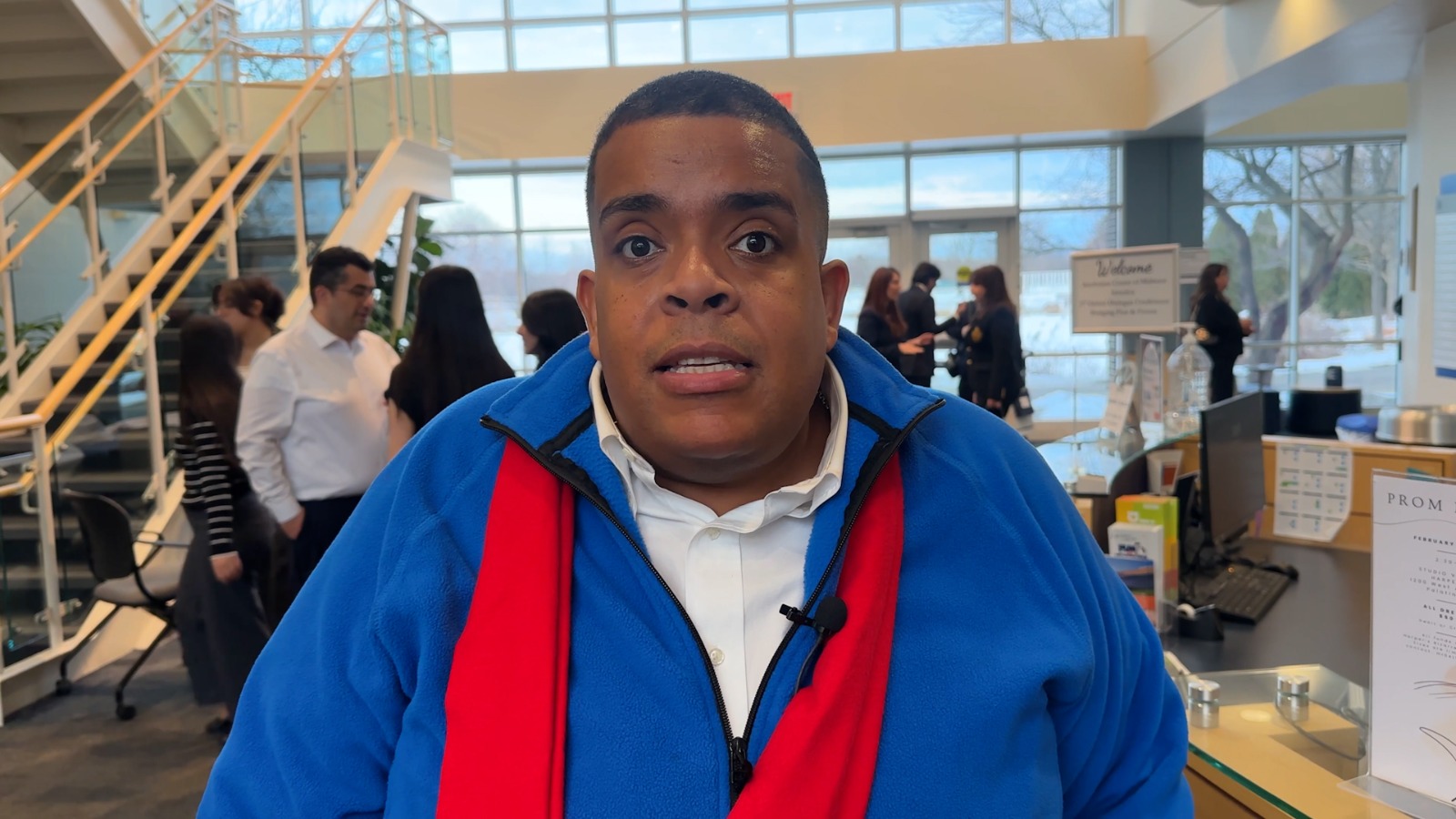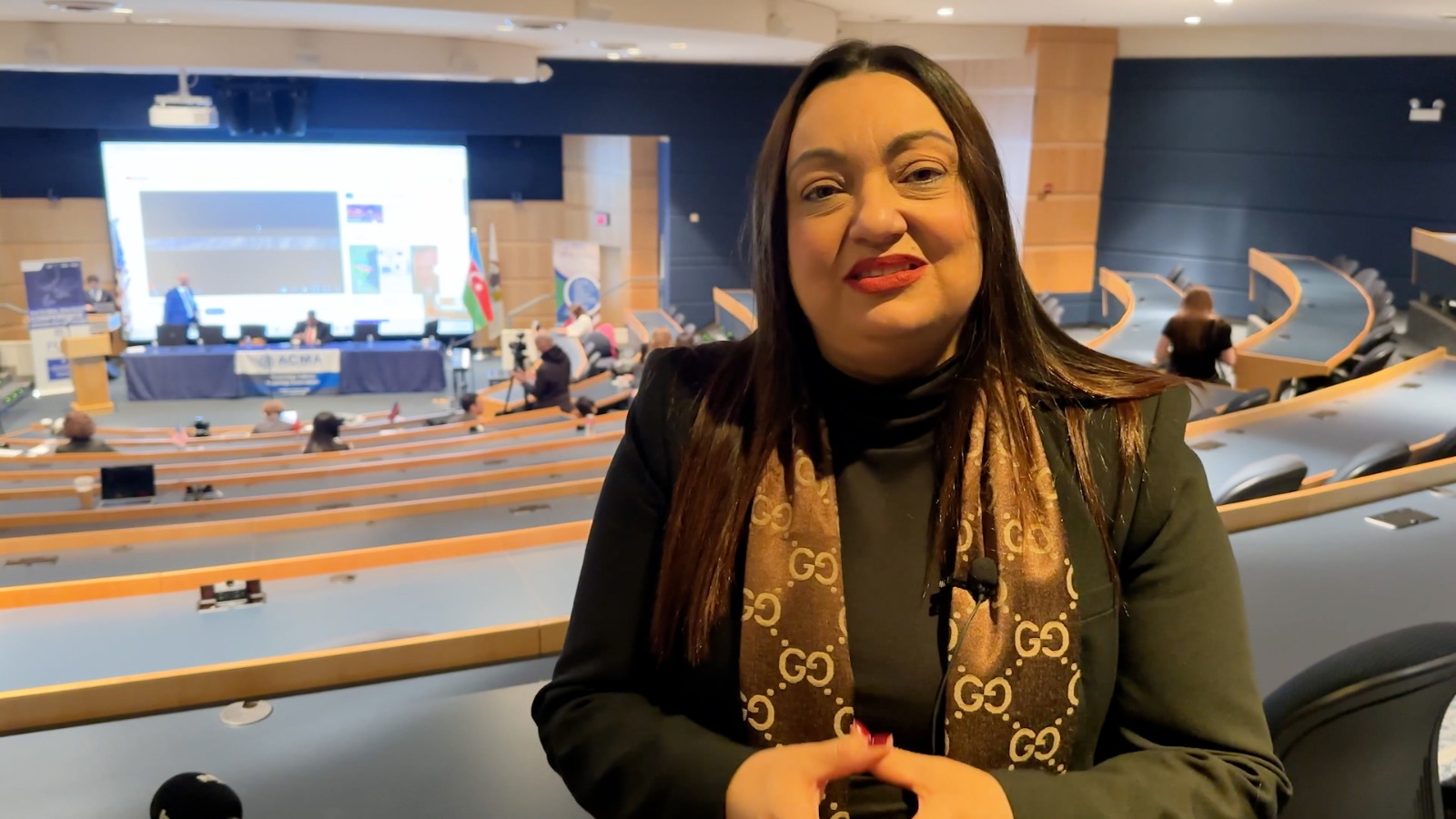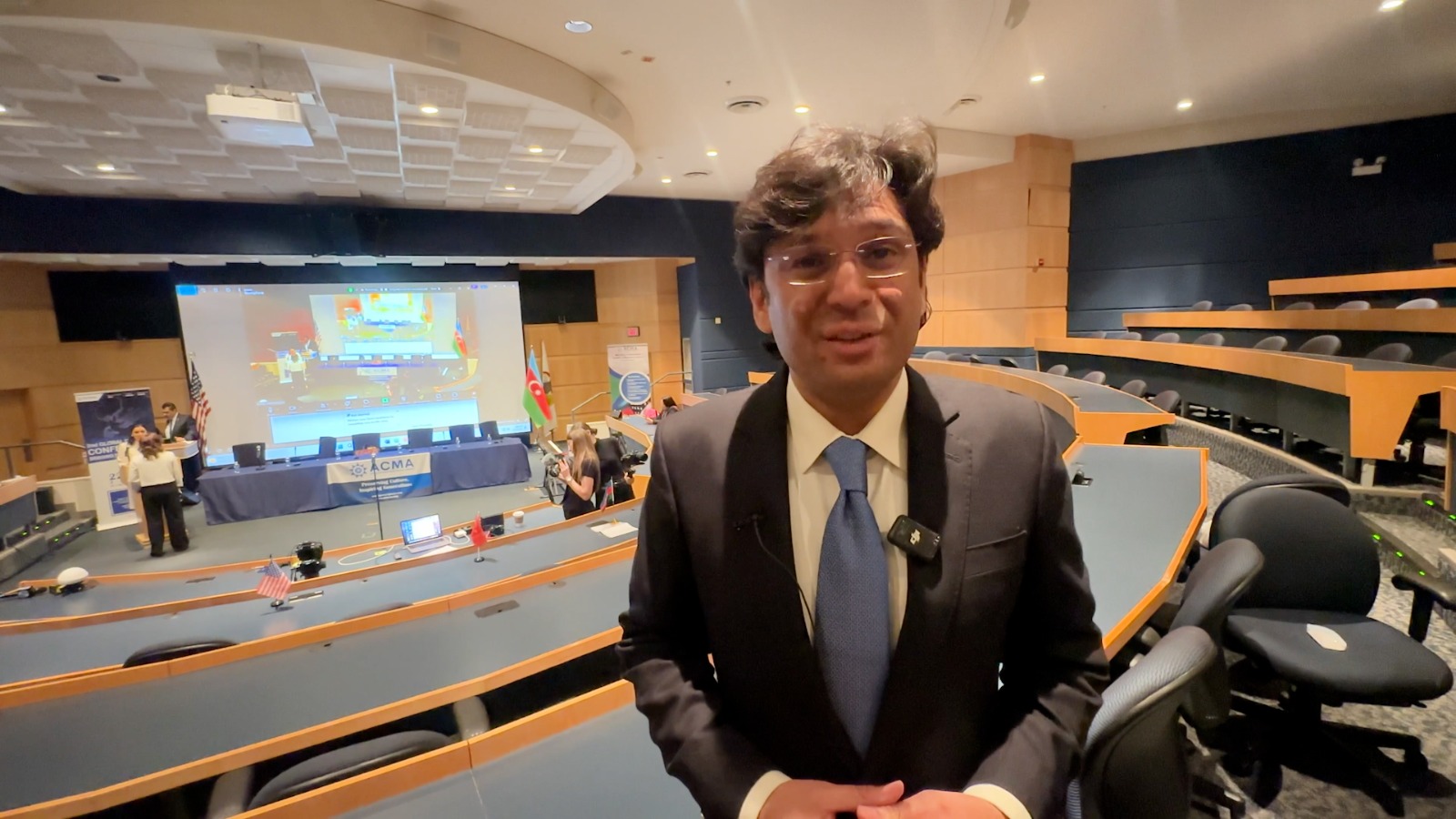BAKU, Azerbaijan, February 26. Azerbaijani diaspora entities organize conferences at prestigious US universities about the Khojaly genocide and the bitter consequences of this massacre every year, a source in the State Committee on Work with Diaspora of Azerbaijan told Trend.
According to the source, these meetings and scientific discussions are an important step towards international recognition of the truths of Khojaly and their dissemination to the world community.
The source noted that the II International Dialogue Conference titled "Bridge Between the Past and the Future," dedicated to the 33rd anniversary of the Khojaly genocide in the US state of Illinois was attended by foreign journalists, political commentators, and historians.
US journalist, and political commentator Calvin Dark stated in his speech: "I learned about the long-standing conflict between Azerbaijan and Armenia during my visit to Karabakh in 2023. During my stay in Azerbaijan, I got acquainted with the conflict, the destroyed settlements, and the ongoing reconstruction work. One of the most impactful aspects for me was the realization that, alongside the physical destruction, the healing of psychological, mental, and emotional wounds takes much longer. Therefore, the work done in this area and the contribution of people to the process is very important."
Brazilian journalist Fabiana Ceyhan, who has turned the Karabakh issue into a life mission, shared that she visited the liberated territories with a group of three journalists: "There were many mines in the area, so it was somewhat risky. At that time, there were no airports or transport infrastructure, but we took the risk to see it with our own eyes. From that moment on, the Karabakh issue became a life mission for me, because we saw that historically and geographically Karabakh belongs to Azerbaijan. Today, I am here to be the voice of Khojaly. When I found out about the atrocities that took place in Khojaly, I was deeply shocked. Khojaly was a small town, and there were no military forces there. Armenia's attack on innocent people cannot be justified by anything. This tragedy must not be forgotten so that it does not happen again. We are all human, and we must unite for peace and justice for Khojaly."
Malik Ayub Sumbal, author of the book "From Tovuz to Karabakh," international journalist, and analyst, emphasized that he dedicated a special place in his work to the Khojaly events, noting that the Khojaly genocide is one of the most horrific massacres recorded by international media: "In my book, I have extensively analyzed Armenia's occupation policy and the Khojaly tragedy. This is the first in-depth analysis published after the Karabakh war. I have dedicated a separate chapter to Khojaly because it was a mass killing based on hatred. The killing of innocent people cannot go unpunished, and the criminals must answer under international law. The Khojaly tragedy is one of the most horrific examples of ethnic cleansing. More than 600 people, including women and children, were killed in one night. Many international organizations have condemned this and called for justice. The Azerbaijani people honor the memory of the innocent victims by commemorating this tragedy every year."
Professor Stefan Brooks from the US National Defense University emphasized that the truths of Khojaly must never be forgotten: "When I read about the Khojaly genocide, I was horrified. The biggest irony is that Armenia denies it. The Khojaly tragedy is one of the greatest atrocities of the modern world. The goal here was not just to defeat the enemy, but to annihilate them. Targeting civilians is a war crime, and this tragedy must never be forgotten. If this tragedy had happened to the Armenian people, they would not remain silent. The main problem here is the lack of humanity, compassion, and understanding."
Under the support of the State Committee for Diaspora Work, Azerbaijani diaspora organizations held conferences on the Khojaly genocide recognition at prestigious universities and scientific centers in many countries.
On the night of February 25–26, 1992, the Khojaly genocide - one of the most horrific crimes against humanity in the past century - was carried out by Armenia with extreme brutality against Azerbaijani civilians.
On this solemn anniversary, the Azerbaijani people remember with deep sorrow the 613 victims of this atrocity, including 106 women, 70 elderly people, and 63 children, whose lives were taken in a single night.
Stay up-to-date with more news on Trend News Agency's WhatsApp channel

